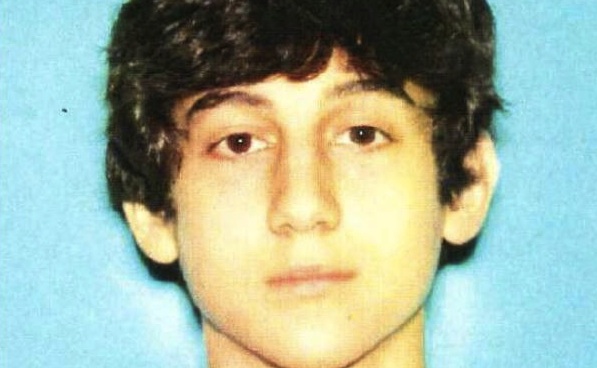One of the big questions surrounding the arrest of Dzhokhar Tsarnaev, the Boston bombing suspect, is why law enforcement officials did not read him his Miranda Rights. The Justice Department cited the public safety exception, which allows law enforcement to temporarily question a suspect before reading the Miranda Rights, if there is an “objectively reasonable need to protect the police or the public from immediate danger,” according to the FBI website.
In this case, the Justice Department said it invoked the exception “in order to question the suspect extensively about other potential explosive devices or accomplices and to gain critical intelligence,” according to an official who spoke with TPM.
The Wall Street Journal explains the background:
It stems from a 1984 U.S. Supreme Court case (New York v. Quarles) involving a Queens man charged with criminal gun possession. A witness told police the man raped her and had a gun. When they found him at an A&P supermarket, he had an empty shoulder holster. An officer, after handcuffing him, asked him where the gun was. The man gestured toward a stack of liquid-soap cartons, where police found a loaded revolver.
Lower courts tossed the evidence because the man was wasn’t read his rights before handcuffed and questioned. The Supreme Court disagreed, articulating a ‘public safety’ exception.
Despite what Lindsey Graham may want, though, the public safety exception is only temporary:
[embedtweet id=”325435021919928320″]


